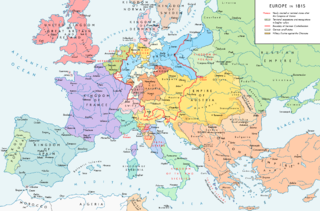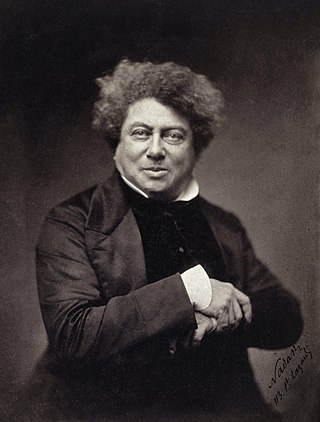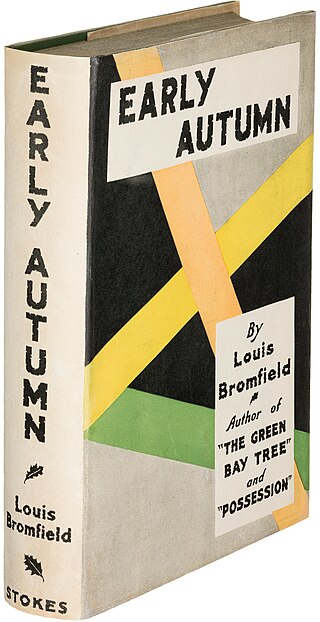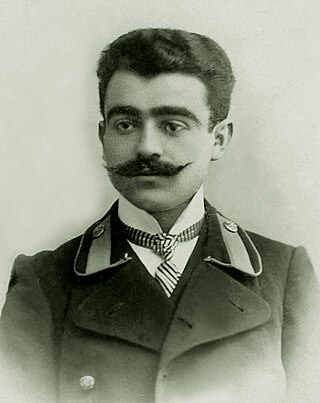
The Congress of Vienna of 1814–1815 was a series of international diplomatic meetings to discuss and agree upon a possible new layout of the European political and constitutional order after the downfall of the French Emperor Napoleon Bonaparte. Participants were representatives of all European powers and other stakeholders. The Congress was chaired by Austrian statesman Klemens von Metternich, and was held in Vienna from September 1814 to June 1815.

Irkutsk is the largest city and administrative center of Irkutsk Oblast, Russia. With a population of 587,891 as of the 2010 Census, Irkutsk is the 25th-largest city in Russia by population, the fifth-largest in the Siberian Federal District, and one of the largest cities in Siberia.

Irkutsk Oblast is a federal subject of Russia, located in southeastern Siberia in the basins of the Angara, Lena, and Nizhnyaya Tunguska Rivers. The administrative center is the city of Irkutsk. It borders the Republic of Buryatia and the Tuva Republic in the south and southwest, which separate it from Khövsgöl Province in Mongolia; Krasnoyarsk Krai in the west; the Sakha Republic in the northeast; and Zabaykalsky Krai in the east. It had a population of 2,370,102 at the 2021 Census.

Alexandre Dumas, also known as Alexandre Dumas père, was a French novelist and playwright.

Moses Joseph Roth was an Austrian-Jewish journalist and novelist, best known for his family saga Radetzky March (1932), about the decline and fall of the Austro-Hungarian Empire, his novel of Jewish life Job (1930) and his seminal essay "Juden auf Wanderschaft", a fragmented account of the Jewish migrations from eastern to western Europe in the aftermath of World War I and the Russian Revolution. In the 21st century, publications in English of Radetzky March and of collections of his journalism from Berlin and Paris created a revival of interest in Roth.
Alan Furst is an American author of historical spy novels. Furst has been called "an heir to the tradition of Eric Ambler and Graham Greene," whom he cites along with Joseph Roth and Arthur Koestler as important influences. Most of his novels since 1988 have been set just prior to or during the Second World War and he is noted for his successful evocations of Eastern European peoples and places during the period from 1933 to 1944.

Franz Carl Heimito, Ritter von Doderer, known as Heimito von Doderer, was an Austrian writer.

Irene Handl was a British character actress who appeared in more than 100 British films; she also wrote novels.

Lisa and Lottie, published in the United Kingdom and Australia as The Parent Trap, is a 1949 German children's novel by Erich Kästner. The book is about identical twin girls whose parents separated them in infancy upon divorcing, only to reunite at a summer camp years later before switching places.
Austrian literature is mostly written in German, and is closely connected with German literature.

Valentin Grigoryevich Rasputin was a Soviet and Russian writer. He was born and lived much of his life in the Irkutsk Oblast in Eastern Siberia. Rasputin's works depict rootless urban characters and the fight for survival of centuries-old traditional rural ways of life, addressing complex questions of ethics and spiritual revival.

Ali and Nino is a novel about a romance between a Muslim Azerbaijani boy and Christian Georgian girl in Baku in the years 1914–1920. It explores the dilemmas created by "European" rule over an "Oriental" society and presents a tableau portrait of Azerbaijan's capital, Baku, during the Azerbaijan Democratic Republic period that preceded the long era of Soviet rule. It was published under the pseudonym Kurban Said. The novel has been published in more than 30 languages, with more than 100 editions or reprints. The book was first published in Vienna in German in 1937, by E.P. Tal Verlag. It is widely regarded as a literary masterpiece and since its rediscovery and global circulation, which began in 1970, it is commonly considered the national novel of Azerbaijan. The English translation, by Jenia Graman, was published in 1970.

Captain John Dundas Cochrane was a Scottish officer in the Royal Navy, traveller and explorer. An illegitimate son of Scottish MP, army-commander and swindler Andrew Cochrane-Johnstone, John Dundas Cochrane came from extensive naval and army family - he was a cousin of Admiral Thomas Cochrane, 10th Earl of Dundonald, and nephew of Admiral Sir Alexander Forrester Inglis Cochrane.
Sherlock Holmes and the Leading Lady and its sequel, Incident at Victoria Falls (1992), are a pair of TV films made in 1991 under the banner Sherlock Holmes the Golden Years. Harry Alan Towers was executive producer and Bob Shayne was the writer on both.

Early Autumn is a 1926 novel by Louis Bromfield. It won the Pulitzer Prize for the Novel in 1927. In 1956, producer Benedict Bogeaus announced that he was adapting the book into a film to be titled "Conquest," but the film was never made.
"God Sees the Truth, But Waits" is a short story by Russian author Leo Tolstoy first published in 1872. The story, about a man sent to prison for a murder he did not commit, takes the form of a parable of forgiveness. English translations were also published under titles "The Confessed Crime", "Exiled to Siberia", and "The Long Exile". The concept of the story of a man wrongfully accused of murder and banished to Siberia also appears in one of Tolstoy's previous works, War and Peace, during a philosophical discussion between two characters who relate the story and argue how the protagonist of their story deals with injustice and fate. Along with his story The Prisoner of the Caucasus, Tolstoy personally considered this work to be his only great artistic achievement.

Yusif Vazir Chamanzaminli, also spelled Chemenzeminli, born Yusif Mirbaba oghlu Vazirov was an Azerbaijani statesman and writer known for his novels, short stories, essays, and diaries. Evidence points to the fact that Chamanzaminli was the primary core author of the famous romance novel Ali and Nino first published in 1937 in Austria under the pen-name of Kurban Said.

Count Yurii Alexandrovich Golovkin (1762–1846) was a Russian diplomat who served as Russian Minister (ambassador) in Stuttgart (1813–18) and in Vienna (1818–1822), but is best remembered for his leadership of the ambitious mission to China despatched in 1805.

So Ends Our Night is a 1941 American drama film directed by John Cromwell and starring Fredric March, Margaret Sullavan and Frances Dee. The screenplay was adapted by Talbot Jennings from the novel Flotsam by German exile Erich Maria Remarque, who rose to international fame for his first novel, All Quiet on the Western Front.

Karlo Štajner was an Austrian-Yugoslav communist activist and a prominent Gulag survivor. Štajner was born in Vienna, where he joined the Communist Youth of Austria, but emigrated to the Kingdom of Serbs, Croats and Slovenes in 1922 on the order of the Young Communist International to help the newly established Communist Party of Yugoslavia. After an illegal communist printing house in Zagreb where Štajner worked was raided by the police in 1931, he fled Yugoslavia, visiting Paris, Vienna, and Berlin before finally settling in the Soviet Union in 1932 where he worked in the Comintern publishing house in Moscow. During the Great Purge in 1936, Štajner was arrested and spent the next 17 years in prisons and gulags and three more years in exile in Siberia. He was released in 1956 after being rehabilitated, and returned to Yugoslavia. He spent the rest of his life in Zagreb with his wife Sonya whom he married in Moscow in the 1930s.
















